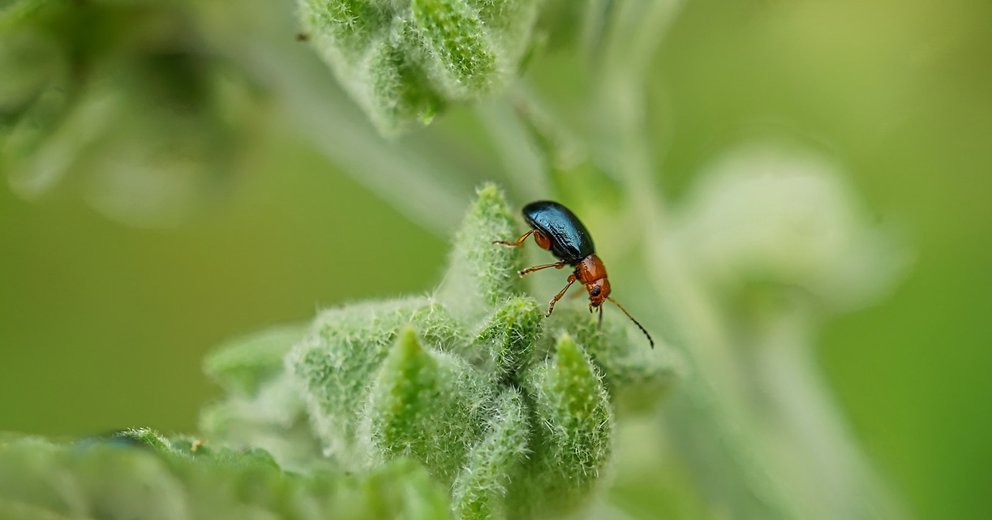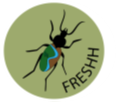
Farmer acceptable REstoration of Semi-natural Habitat to limit Herbicides

The agricultural landscape is a mosaic of semi-natural and freshwaters habitats interconnected by farmed field
s. But, over the years chemical runoff and intensive land use have led to a significant degradation of arable biodiversity and ecosystem services. In FRESHH we therefore aim to investigate how farmers best can reduce the need for agricultural chemicals and counteract the degradation of these habitats. We do this by increasing the biological control provided by carabid beetles, by re-analysing the available data from a large set of projects conducted over the last decade, and by assessing the ecological status of freshwaters using eDNA as well as evaluating the carabid, weed, pest and water quality responses across established landscape gradients of habitats.
Furthermore, despite potential benefits to the environment, a key constraint in the adoption of carabids is an uncertainty in the efficacy of biological control among farmers. Therefore, one of the key goals of FRESHH is to build a deeper understand of the costs, benefits, opportunities and constraints that farmers are faced with when deciding to replace chemicals by adopting a carabid friendly management. This is done by a socio-economic and agronomic research team that together with farmers across Europe are co-developing acceptable practices to conserve carabid beetles, off-set chemical use and restore semi-natural diversity within and in the neighborhood of fields as well as in aquatic farmland habitats.
Our hope is that improving farmer knowledge of how conservation biological control can be leverage across landscape layers will lead to greater adoption of landscape-scale management alternatives as well as increase stakeholder support for more holistic and sustainable agricultural practices.
The FRESHH consortium is led by David A. Bohan (INRA, Dijon) including the national project leaders Corinna Wallinger (University of Innsbruck), Pavel Saska (Crop Research Institute, Praha), Wopke von der Werft (Wageningen University) and Mattias Jonsson (Swedish University of Agricultural Sciences).
ATE members involved in FRESHH:
- Corinna Wallinger (PI), Oskar Rennstam Rubbmark, Michael Traugott
- Marijana Ljubisavljevic (MSc. student)
FRESHH is a BioDiversa project funded by: Agence Nationale de la Recherche (ANR), France, Austrian Science Fund (FWF), Austria, Technology Agency of the Czech Republic (TAČR), Czech Republic, Ministry of Agriculture, Nature and Food Quality (LNV), Netherlands, The Swedish Environmental Protection Agency (SEPA), Sweden


